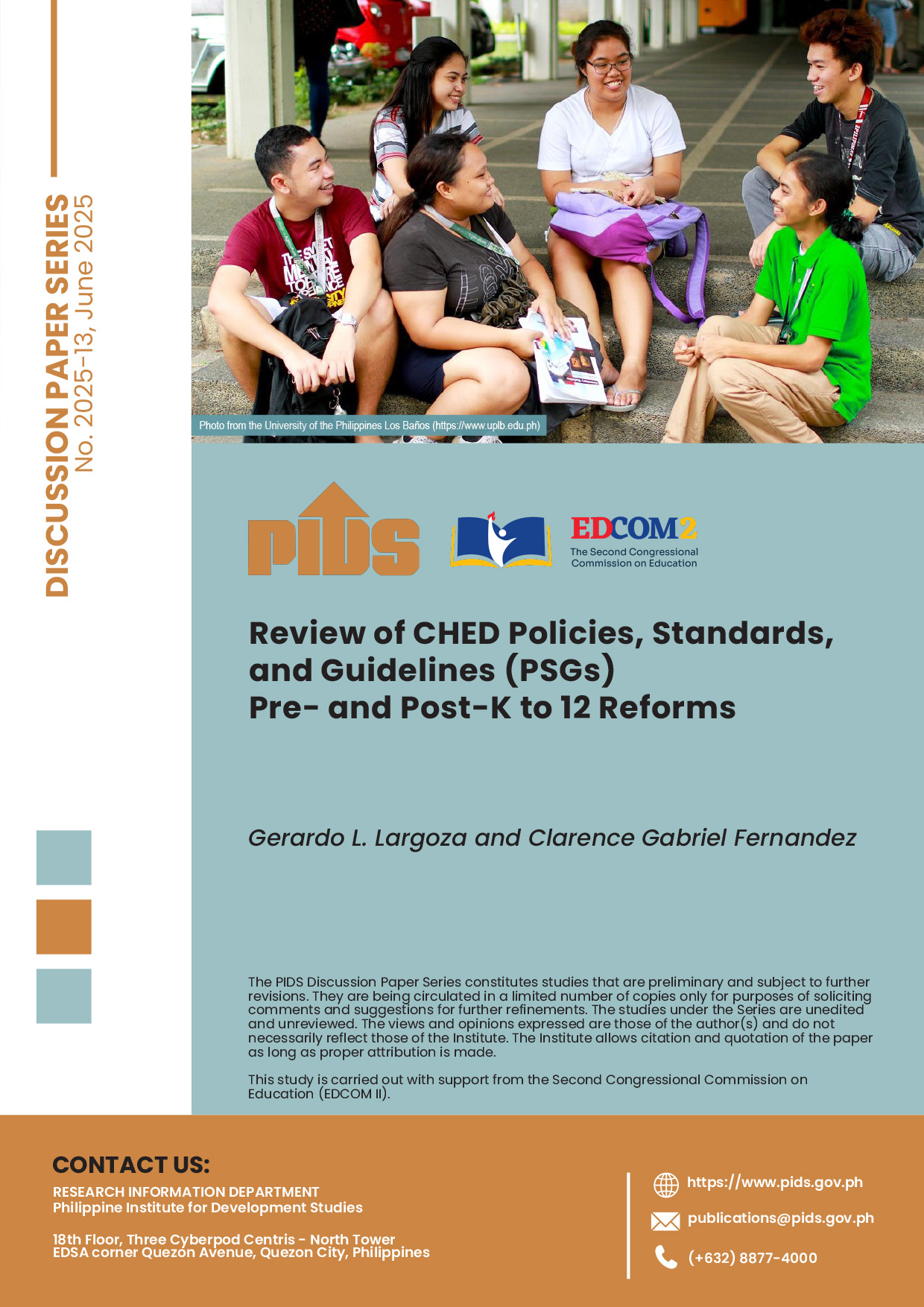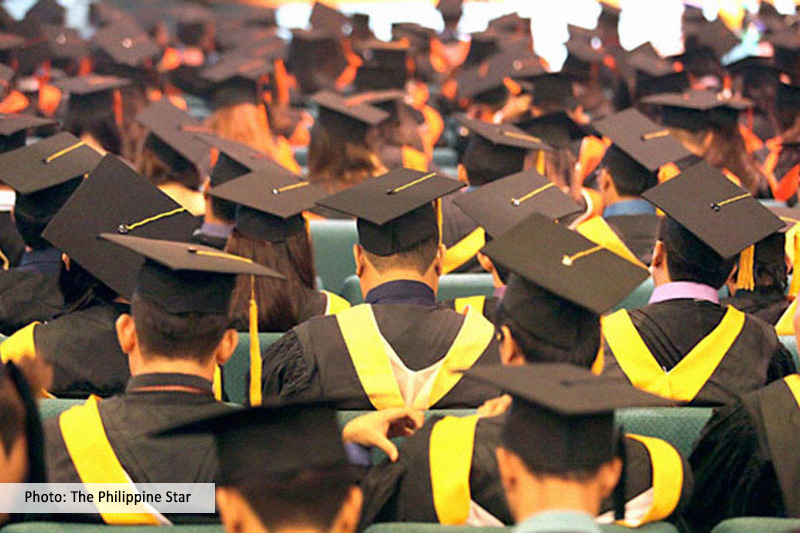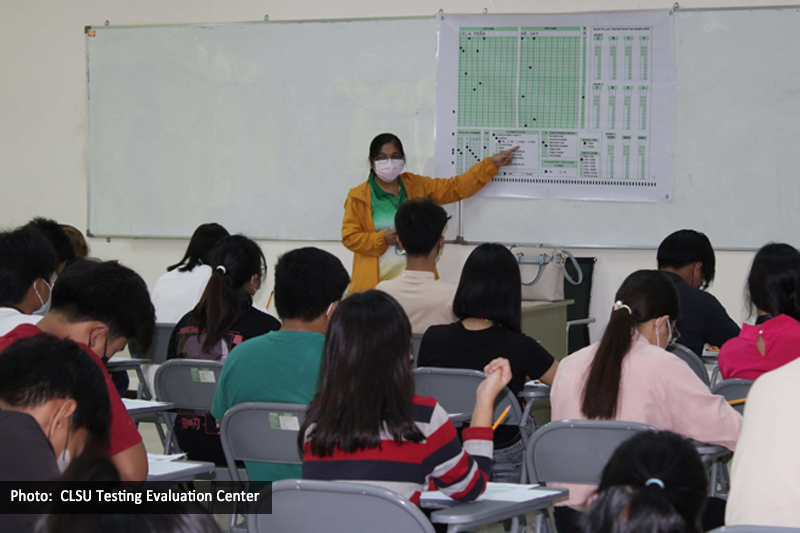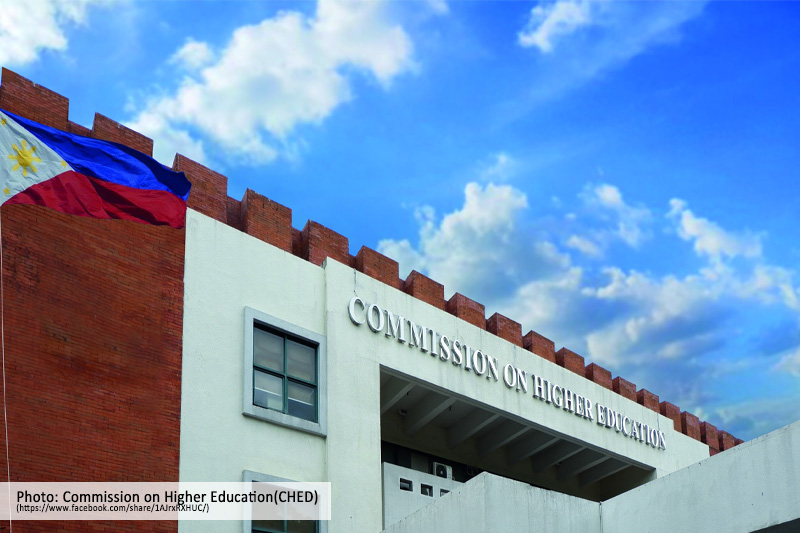The Philippines Senate has approved a landmark bill to provide free tuition for students in all state universities and colleges. The Free Higher Education for All Act or FHEA, was passed unanimously on Monday by a vote of 18-0.
The bill establishes an initial tuition subsidy fund of PHP15 billion (US$298 million) administered by the Commission on Higher Education or CHED, the country’s higher education governing body. It also provides financial assistance to students in private and vocational institutions. More than 1.6 million students currently enrolled in one of the 112 state institutions will be covered by the fund.
This bill is for the Filipino youth who are struggling to finish their college education as well as their parents who are working hard to pay for the expenses of their schooling,” said Senator Paolo Benigno Aquino, the bill’s author.
Senator Sherwin Gatchalian, a co-sponsor of the bill, also lauded the move, the final stage in the bill’s passage through parliament. “This is a collective victory for those of us who believe that equitable access to education at all levels is the foundation upon which we may build a just and prosperous future for our country,” he said in a statement.
The passage of the bill comes nearly three months after Congress allocated PHP8.3 billion under the 2017 national budget to provide free tuition for students in state universities and colleges or SUCs for the upcoming academic year, and means that free tuition becomes law rather than depending on the yearly budget.
Gatchalian first tabled free tuition legislation in July 2015 when he was a member of the House of Representatives, or lower house, but the bill did not succeed in its passage through the Philippines parliament.
While acknowledging last year’s budgetary increase was “a promising start”, he continued to push for a bill to “make the free tuition policy in SUCs a permanent reality”. ‘
Unintended consequences
’ The Kabataan Partylist, a youth party in the House of Representatives, which long campaigned for free education, has welcomed the free tuition policy, but says it could lead to some unintended consequences. “
While we recognise the Senate’s good intent in passing the bill, we fear that the Senate version risk restricting access to higher education, rather than making it available to all,” said Kabataan representative Sarah Elago.
Tuition fee subsidies and strengthening financial assistance for students will encourage schools to hike non-tuition fees “under the excuse that these could be waived through financial assistance,” she said. Kabataan says it will continue fighting for a completely free higher education system.
Financial aid amendment
To allay private institutions fears of a a mass exodus of students to lower-cost SUCs, Senate President Ralph Recto said an amendment was added to the bill before it was approved, to strengthen financial aid programmes.
CHED had previously warned that many private institutions “may not survive” the tuition subsidy policy.
In January, CHED chairperson Patricia Licuanan said offering free tuition would not necessarily benefit the poor since “enrolment of the poorest quintile in higher education is only 8%”.
Some experts agree that eliminating only tuition fees, the FHEA fails to address living expenses and other educational allowances that make up the bulk of college fees.
This partial financing system is “problematic because only the richer households have the resources to finance the rest”, according to a position paper published last month by the Philippine Institute for Development Studies or PIDS, a state-owned think tank.
The paper argues that simply providing free tuition will “tilt the enrolment in favour of [students from richer households] because of the artificially cheaper cost of education with the subsidy.” Students from poor households, meanwhile, will continue to be left behind.
PIDS says legislators should instead focus on the implementation of the Unified Student Financial Assistance System for Tertiary Education (UniFAST), a law that would expand grants-in-aid, scholarship opportunities and student loans so that poor but capable students will be able to afford the full cost of higher education.
PHILIPPINES: Senate passes bill for free public university tuition












